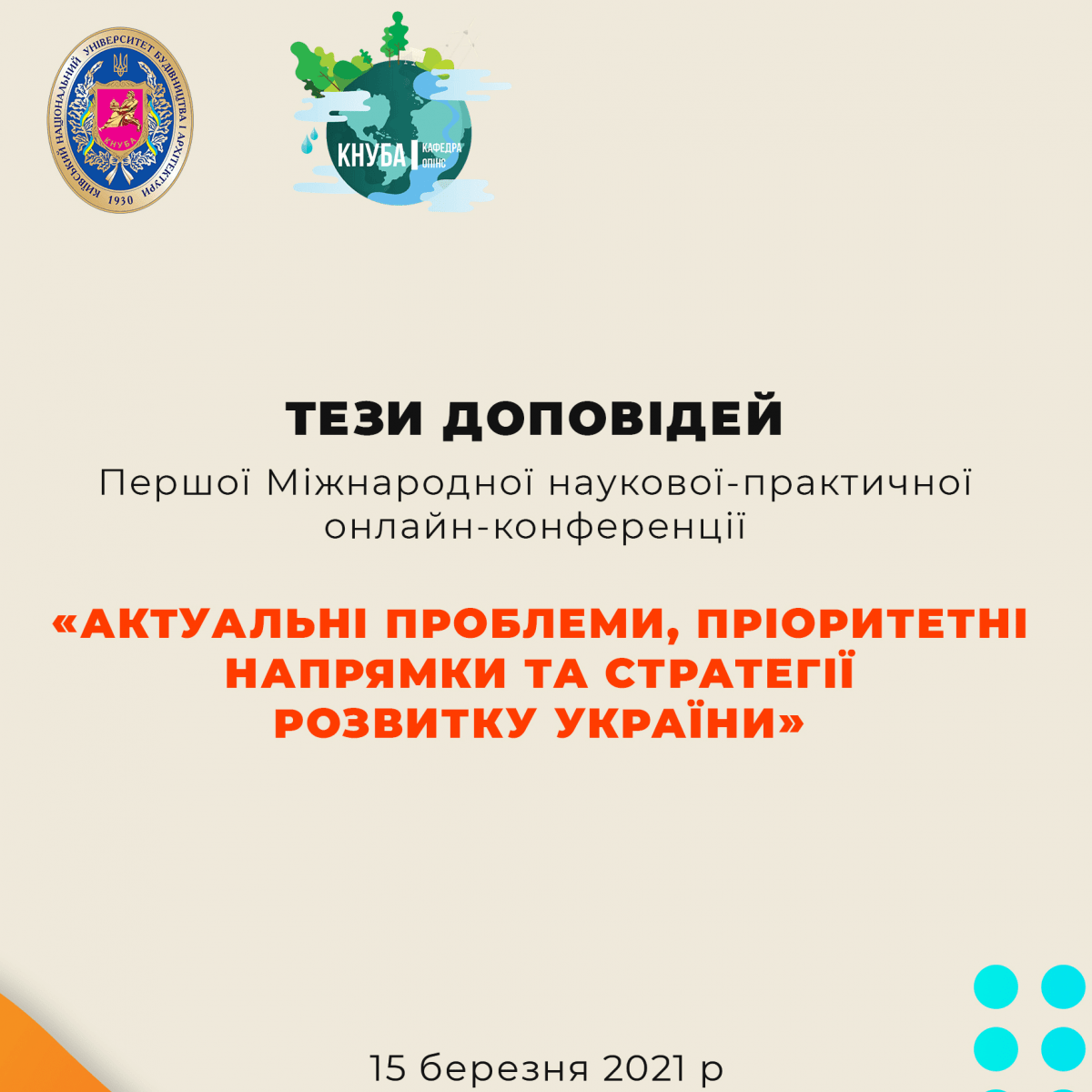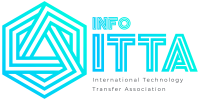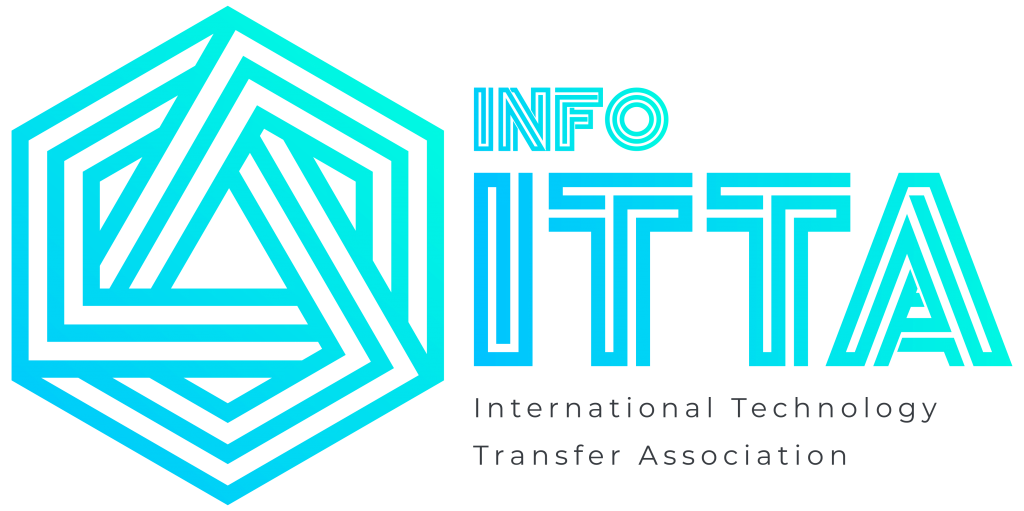Recent Posts
- Ukraine recovery should be based on development of territorial communities, innovations, involvement of professional domestic community – results of ESUR forum 29.06.2023
- Ukraine repatriates five more seriously wounded Russian POWs 10.04.2023
- Rada intends to include history of Ukraine, foreign language in final certification for general secondary education 10.04.2023
- Rada terminates protocol on joint anti-terrorist measures in CIS territories for Ukraine 10.04.2023
- 100 Ukrainians, incl defenders of Mariupol, returned according to swap procedure – Yermak 10.04.2023
Development of intellectual research skills in the student’s professional competence

Яковець Олексій
(Черкаси, Україна)
ОСВІТА
(Проблеми підготовки фахівців)
DEVELOPMENT OF INTELLECTUAL RESEARCH SKILLS IN THE STUDENT’S PROFESSIONAL COMPETENCE
The change of educational paradigm due to modernization and transition to the level education has led to significant changes both in the content and in the organization of the educational process. The main ideas of the new education are fully realized in the educational space of the university: personality-oriented orientation, variability, competence approach [3].
The leading scholars prove that the renewal of education should be aimed at stimulating an individual, development of his/her basic culture, increase of the learning activity and conscious self-determination. The result of higher professional education, directly master’s degree, is viewed as professional competence.
A student must be prepared for effective research, pedagogical and analytical activities in the field of life safety, which involves conducting scientific and applied research and analytical work.
Research activity is an important component of the Master training and includes such forms as conducting independent research activities, staging and conducting experiments, course work, research projects, research practice, scientific seminars, writing articiles and conferences thesis.
Therefore, there’s a need to consider the structure of research activities in terms of competency approach. In education elements of competence are understood as readiness to solve a relatively independent task in the framework of research activities, which leads to the achievement of a specific result in accordance with the requirements of professional standard.
In the field of research activities, the following elements of competence can be identified:
– intellectual readiness – the ability to effective mental activity at different stages of research;
– information readiness is regarded as the undergraduate’ readiness to search for the necessary scientific information using modern information and communication tools;
– experimental readiness is the ability to design, organize and conduct an experiment;
– reflexive readiness – the ability to understand the methods of activity and results, correlate findings with the intended purpose;
– presentation readiness – can be considered as the ability of the undergraduate to present and defend scientific results, both during the scientific search and after the completion of the study [1].
The specificity of research involves fluent student’s intellectual skills that are fundamental for scientific research. There are three levels of intellectual skills: basic educational intellectual skills; skills of independent scientific research; scientific comprehension skills.
Thus, we have identified the main tasks in the development of intellectual competence of undergraduates and identified areas for the development of elements of intellectual competence: development of intelligence through activation of all cognitive functions; mental education in professional scientific field; improvement of mechanisms of self-organization of intellectual activity; development of individual intellectual abilities; development of self-awareness and creative potential in professional activity [2].
The main means of achieving the objectives of intellectual competence is the organization of independent work of undergraduates throughout the period of study in various activities:
– mastering academic disciplines;
– scientific research work;
– research practice;
– writing a master’s thesis.
Thus, the preparation of masters involves the formation of professional research competence, which includes the readiness to analysis of research results and their application in solving specific educational and research objectives; use of individual creative abilities for the original solution of research tasks; exercise independent research using modern methods science.
Література:
1. Астахова М. Професійна компетентність з охорони праці та безпеки життєдіяльності керівника – основа функціонування «Безпечного навчального закладу». Формування управлінської компетентності керівних кадрів у системі післядипломної педагогічної освіти: матеріали Всеукраїнської науково-практичної Інтернет-конференції. Харків, 2013. – С. 18–20.
2. Болотов В. А., Сериков В.В. Компетентностная модель: от идеи к образовательной программе. Педагогика. 2003. № 10. – С. 8-14.
3. Ненько Ю.П. Підготовка фахівця як предмет психолого-педагогічного аналізу. Збірник наукових праць «Професійна освіта: проблеми і перспективи». Київ: Інститут професійно-технічної освіти НАПН України, 2017. Випуск 12. – С. 41-46.
Науковий керівник: канд. пед. н., доцент Іващенко О.А.

